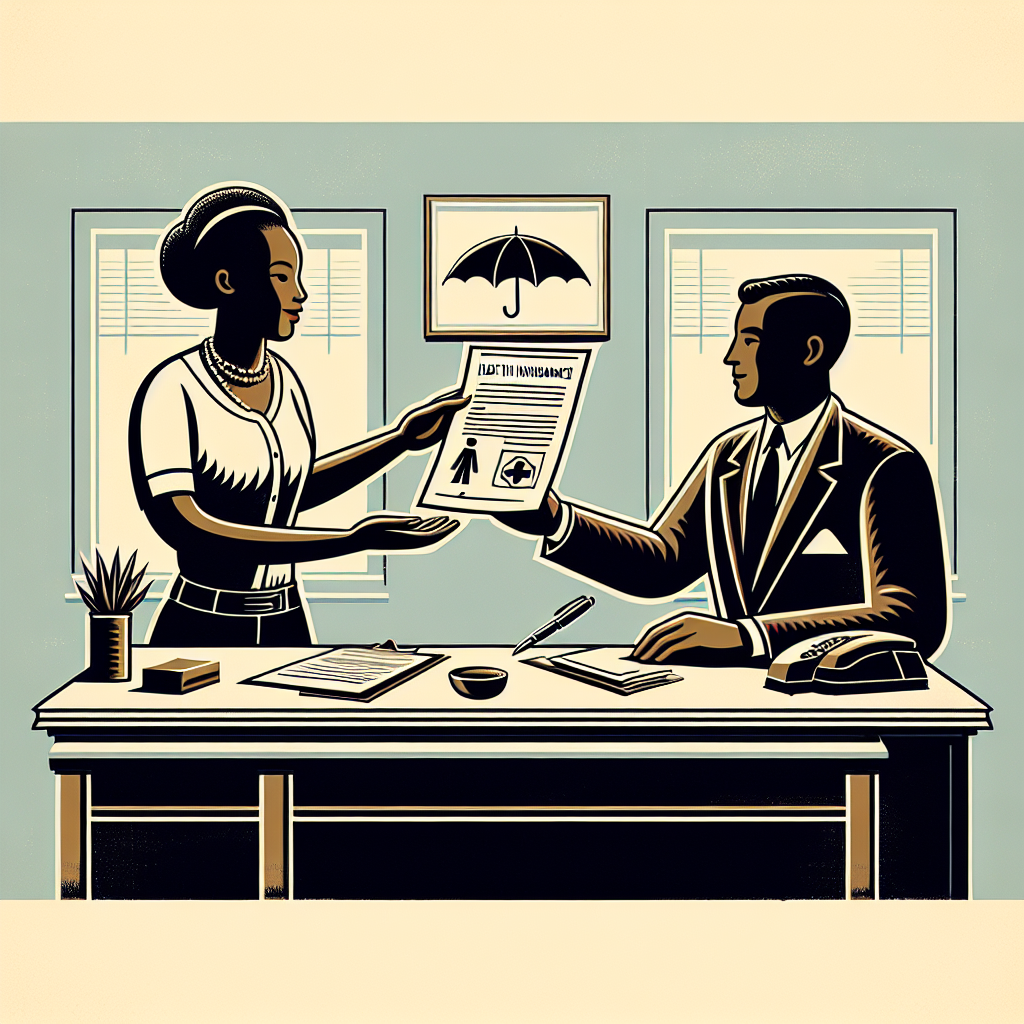Filed under Travel Insurance on
Travel Insurance Tips for Hurricane Season Safety

Travel insurance is an oft-overlooked yet essential component of trip planning, especially during hurricane season. For adventurous souls and weary travelers alike, a whirlwind weather event can quickly shift a dream vacation into a nightmare scenario. As hurricane season looms, with its promise of uncertainty, understanding how travel insurance can offer a safety net is paramount. This article will delve into comprehensive travel insurance tips for hurricane season safety, highlighting the importance of preparedness and savvy decision-making.
Understanding Hurricane Season Travel Risks
Hurricane season typically stretches from June 1 to November 30 in the Atlantic and from May 15 to November 30 in the Pacific. This period is marked by the potential for extreme weather conditions that can disrupt travel plans. Destinations like the Caribbean, Gulf of Mexico, Florida, and the southeastern United States are particularly vulnerable.
Travelers choosing to visit hurricane-prone areas during these months should heed the additional risks, especially when booking flights, accommodations, and excursions that may be impacted by severe weather. Having travel insurance that specifically covers weather-related disruptions can mitigate financial and logistical strains effectively.
The Vital Role of Travel Insurance During Hurricane Season
During hurricane season, travel insurance can provide a crucial safety net by covering trip cancellations, delays, missed connections, and medical emergencies—all of which could arise due to severe weather events. Selecting the right travel insurance policy means understanding the specifics of what is and isn’t covered and making informed decisions based on your itinerary and destination.
Trip Cancellation and Delay Coverage
Various travel insurance plans offer coverage for trip cancellations and delays caused by weather conditions. When selecting a policy, ensure that it explicitly states coverage for hurricanes. Moreover, travelers must purchase the insurance before a storm is named; once a storm becomes a “named storm,” buying insurance to cover related damages and disruptions is no longer possible.
Emergency Evacuation and Medical Coverage
Emergencies resulting from hurricanes can require immediate evacuation, access to medical care, or both. Travel insurance can cover the substantial costs associated with emergency evacuations that can range from transportation to safer areas, airlifts, and even repatriation. Additionally, given the potential for injuries or illnesses resulting from weather-related accidents, medical coverage ensures that travelers receive adequate medical attention without facing hefty out-of-pocket expenses.
Practical Advice for Selecting the Best Policy
Choosing the right travel insurance policy for hurricane season requires a thorough understanding of policy details and knowledge of potential risks associated with your destination. Here are some practical tips to help navigate the selection process:
- Research and Compare: Before purchasing, compare different policies and providers. Pay attention to coverage levels, exclusions, and customer reviews.
- Consider Policy Add-Ons: Depending on your travel plans, consider additional coverage like “Cancel for Any Reason” (CFAR) which offers the flexibility to cancel for a variety of non-traditional reasons.
- Verify Supplier Default Coverage: Ensure that your insurance covers default by a travel supplier, which can happen in the aftermath of a destructive hurricane.
- Understand the Fine Print: Familiarize yourself with policy details and limitations. Engage with customer service representatives if you need clarity on any point.
- Evaluate Hurricane Waivers Offered by Airlines and Hotels: Some providers offer waivers for changes or cancellations due to named storms. Knowing your options can save you money and hassle.
Real-Life Examples of Hurricanes Impacting Travelers
The importance of comprehensive travel insurance is underscored by real-life cases of hurricanes impacting travelers. For instance, Hurricane Irma in 2017 left a trail of destruction in popular tourist destinations like the Virgin Islands and Florida. Many travelers found themselves stranded or unable to begin their vacations without insurance covering flight cancellations, accommodation changes, and logistical nightmares.
Another notable example is Hurricane Maria, which devastated Puerto Rico the same year. Travelers with robust travel insurance policies were able to recoup losses arising from trip interruptions, emergency evacuations, and other unforeseen expenses.
Preparation Tips for Hurricane Season Travel
While having travel insurance is a vital part of travel preparedness during hurricane season, other practical steps can enhance safety and provide peace of mind:
- Monitor Weather Updates: Stay informed about weather forecasts in your destination well before and throughout your trip using reliable sources like the National Hurricane Center.
- Create a Contingency Plan: Have a backup plan for potential weather disruptions. Assess alternative routes and accommodations if your original plans are impacted.
- Communicate Travel Plans: Share your itinerary with family or friends and keep them updated about changes.
- Pack Accordingly: Include essentials such as portable chargers, extra toiletries, a first-aid kit, and any necessary medications in case of unexpected delays or emergencies.
FAQs About Travel Insurance and Hurricane Season
1. What should I look for in a travel insurance policy for hurricane season?
Look for policies that specifically cover trip cancellations, interruptions, and delays caused by hurricanes. Ensure it offers emergency medical coverage and evacuation services. Check exclusions and limitations thoroughly before purchasing.
2. Can I buy travel insurance after a hurricane has been named?
Most travel insurance policies will not cover losses for hurricanes declared as “named storms” prior to purchase. For maximum protection, purchase your policy well before hurricane threats become imminent.
3. How does “Cancel for Any Reason” insurance work?
“Cancel for Any Reason” (CFAR) is an optional add-on that allows travelers to cancel their trip for reasons outside the standard policy options. Typically, CFAR must be purchased soon after booking your trip, and it reimburses a percentage of the non-refundable trip costs.
4. Are all destinations covered equally by travel insurance during hurricane season?
Coverage can vary based on the destination’s risk level and the insurance provider’s policy conditions. Always review the terms and conditions related to specific destinations that are known to be hurricane-prone.
5. Will my travel insurance cover missed connections caused by a hurricane?
Many travel insurance policies include coverage for missed connections resulting from weather-related disruptions, as long as specific conditions are met. Review the policy for specific coverage details to understand eligibility.
In conclusion, understanding the importance of travel insurance during hurricane season provides travelers with a crucial layer of safety and preparedness. While no one can predict every twist and turn in the course of a storm, having robust travel insurance ensures you are well-positioned to weather unforeseen challenges with confidence and resilience.





